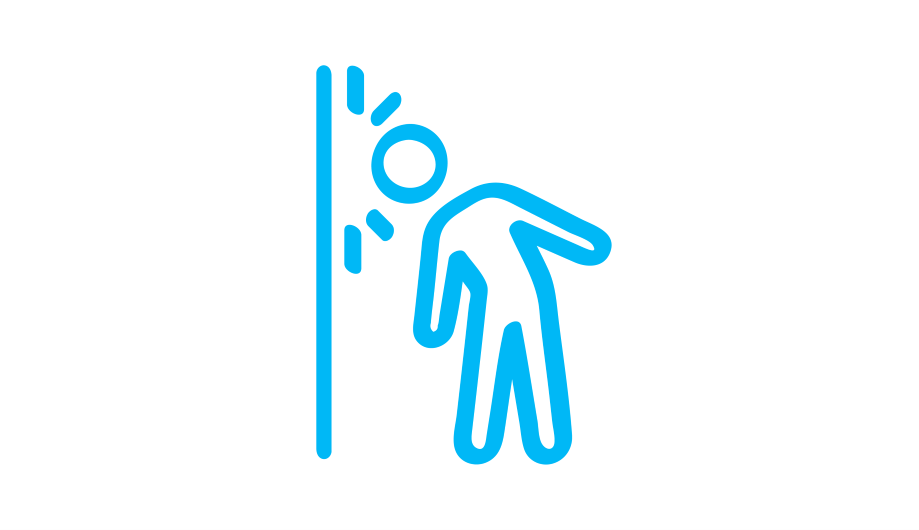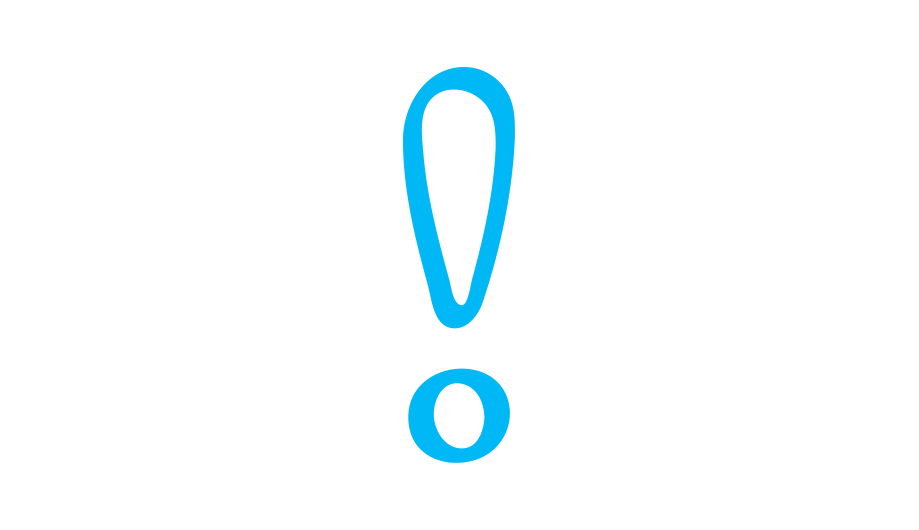
Self-injurious behaviour
Quick read guide to self-injurious behaviour with a complete information sheet available to download. Find out what it is, how you can get help with this kind of behaviour, and about medication and protective devices.

We need to support people to avoid spitting. This webpage provides a quick read guide with a complete information sheet available to download, addressing why people spit and what you can do to avoid it.
Download: Information sheet on Spitting
Spitting is something that many people find disgusting or disrespectful, so we need to support people with learning disabilities to avoid spitting.
If your family member is spitting in a way that’s socially unacceptable, it is important to know if it is saliva or is it phlegm. It is also important to understand if s/he has a medical condition that means that s/he produces too much saliva/phlegm? If this is not the case, there will be another reason. To find that out, you can ask yourself questions about when, where, and with whom, the spitting occurs, and what happens afterwards. Look for patterns of what happened when they were spitting – this might give you an idea of the reasons (or ‘functions’) of their spitting behaviour.
If you think that there may be a medical reason why your relative’s producing (too much) saliva or phlegm, seek medical advice about how to reduce it. If this is the case, unless/until the excess saliva or phlegm can be reduced or stopped medically, see if you can get your family member to spit into a disposable tissue, carrying the tissues yourself and offering lots of praise, also paying as little attention as possible when your family member spits elsewhere other than into the tissue.
Once you have an understanding of why your family member is spitting, you can think about how best to respond. This might include:
Ignoring spitting that’s been going on for a long time is unlikely to work and may make things worse. So, instead, pay the spitting as little attention as possible, whilst giving your relative lots of attention and praise for more appropriate ways of behaving.
For more information see the full version information sheet Spitting:

Quick read guide to self-injurious behaviour with a complete information sheet available to download. Find out what it is, how you can get help with this kind of behaviour, and about medication and protective devices.

Pica refers to eating objects which are not suitable to be eaten, and Polydipsia involves the constant desire to drink any type of liquid. This page provides a quick read guide to Pica and Polydipsia with a complete information sheet available to download.

This quick read guide and downloadable information sheet is designed to help family carers understand and respond to any sexual behaviour which may cause difficulties.